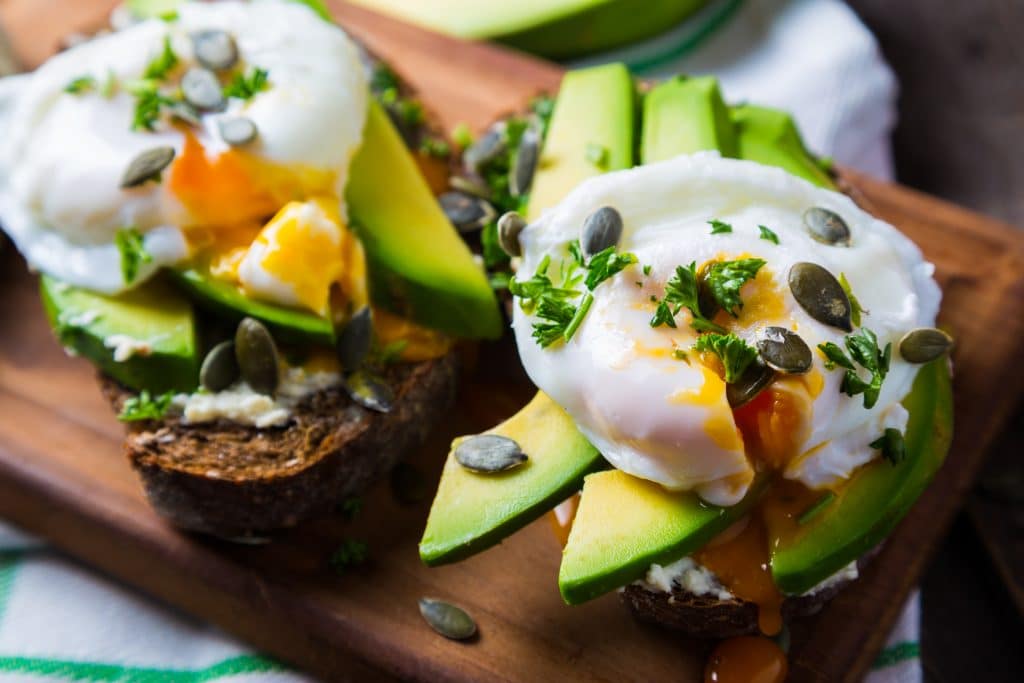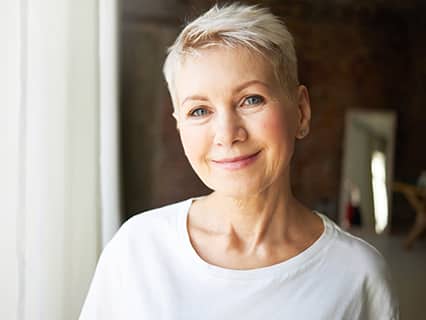
For as long as humans have been on planet earth, we have been seeking ways to make ourselves look better, feel better and live longer. Ancient mythologies include stories about fountains of youth. More recently, Hollywood and popular cultures have fantasised about remaining youthful and healthy possibly forever.
Somehow I doubt there is a fountain of youth hidden somewhere in a forest or cave. Nor do I believe many people really want to live forever. However, what the vast majority of people do want – especially as they move into their 30s, 40s and beyond – is to maintain a healthy body, active mind and a sense of vitality so they can continue to enjoy their lives.
So the basic rationale of anti-ageing medicine is not about stopping the passage of time, but about preventing or slowing the effects of ageing and maintaining or even enhancing the health, wellbeing and vitality of people as they advance in chronological age.
The anti-ageing medicine movement began in the US in 1993 and the founders mainly came from a sports medicine background. In sports medicine, doctors deal with fit and healthy individuals in peak condition, attempting to further enhance their condition and health. So the question arose, if we can improve the health and vitality of fit athletes, surely we can improve the health and vitality of the whole population.
Until recently, it was accepted that many of the changes associated with ageing – such as a reduction in bone density, muscle mass, mental sharpness and energy levels – are a normal, natural consequence of ageing. It was also once believed that the earth was flat. We no longer believe this.
Many, if not all, of the effects of ageing come about through changes in your cells as the cells turn over. The human body is in a constant state of renewal. At a molecular level, over 95% of your body today was not your body two years ago. Cells are turned over and replaced, and new DNA and proteins are manufactured. If we can find out what leads to these changes, it follows that we may be able to influence, delay or slow the onset of these changes.
It is interesting to note that through our 20s and 30s, our body doesn’t change too much. It seems to be able to maintain itself and repair itself. Further, it has long been observed that some people show age-related effects more than others; some 80-year-olds can pass for 60, while conversely some 50-year-olds look more like they’re 70!
There is no doubt that some of this is related to your genetics. However, regardless of the genes that you start with, it has much more to do with what you make of it and how you look after your body. The car that is not regularly tuned or filled with the wrong type of oil or insufficient coolant will not run as well, or last as long, as the car that is properly maintained. So it is with your body.
There are a number of emerging theories about ageing. These mainly relate to the reduced efficiency of cell’s repair and maintenance functions, together with the damage done at a molecular level from free radicals. Currently no one theory dominates our thinking and it is indeed possible that the process is multidimensional.
Studies of people in Okinawa, Japan – where the world’s oldest people reside – have been done, comparing their lifestyles, dietary habits and other facets of how they live with American populations. These studies have identified mental and physical activity, together with the type and quantity of food consumed, as being of vital importance. As expected, the Japanese had stronger bones, less body fat and better lean muscle mass and strength than their American counterparts.
So what is involved in an anti-ageing program? Naturally programs are individualised according to individual circumstances, but will include aspects of the following:
1. Nutrition
It is important to restrict total calorie intake. You should only take in as many calories as your body requires. Most of us tend to eat too much. It has been shown that by restricting calorie intake alone and doing nothing else, it is likely you will live longer. It is important to take in an adequate amount of protein to maintain lean body mass, and to take in adequate good fats such as avocado and olive oil. It is recommended we substantially reduce intake of carbohydrates, particularly refined carbohydrates. Focus on vegetables, fruit and whole foods. Aim for a Body Mass Index of less than 25, and a percentage body fat of less than 25% (men) and less than 30% (women).
2. Activity
It is important to be active on a daily basis and to exercise on at least four – preferably six – days per week. You need to do aerobic exercise for cardiovascular fitness, resistance exercise using weights to strengthen muscles and bones, and stretching exercises for flexibility.
3. Supplements
A large number of people require vitamin and/or mineral supplements, depending on their circumstances. Recommended daily allowances of most vitamins and minerals are based solely on amounts needed to stop a deficiency state. Unfortunately, some of the research behind these figures is highly questionable and official recommended allowances often do not reflect the optimum amount your body needs.

4. Stress Levels
It is important to deal with, and manage, the stresses in your daily life. Practices such as yoga, tai chi, meditation or bio energetics can assist with calming your mind and soothing your body.
5. Sleep
It is very important to get adequate, restful sleep so your body can recuperate and recharge itself. Most adults need eight hours rest per night. Reducing stimulation prior to going to sleep and creating a harmonious sleep environment is also important. Use of herbs such as camomile tea can be soothing, as can use of lavender oil in a candle burner. The natural hormone melatonin may also be helpful for some people.
6. Toxins
Wherever possible, reduce your exposure to, and intake of, toxins. This includes stopping tobacco, looking at your use of chemicals in the household and garden, and taking a closer look at food additives and preservatives. It is also important to maintain an adequate intake of antioxidants, from both food and supplements. A small amount of alcohol is ok, particularly red wine, which has antioxidants.
7. Pamper Yourself
It is important to laugh, have fun and give yourself treats. Listen to music, play with your children or grandchildren, walk in the park on a sunny day – indulge in uplifting activities that stimulate your body’s own endorphins.
Since the mid-1800s, life expectancy has been increasing at the rate of about three months per year. This graph is not starting to plateau. We are living longer and will continue to do so. Anti-ageing medicine is not a fountain of youth, nor is it a way of living forever. It is a way of maintaining and enhancing your health so you can live a better, healthier life. As a consequence of this, it is likely you will live longer. Chronological age will remain a given, but ageing will be increasing optional.



